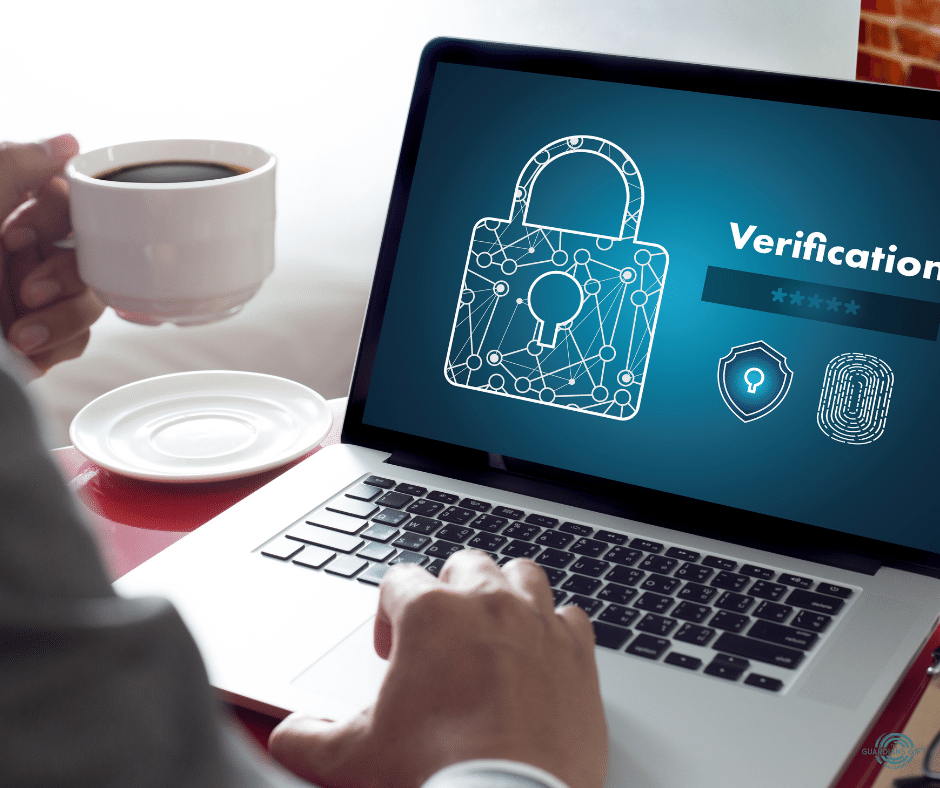As our lives become increasingly digitized, our online presence grows in importance. From social media accounts to online bank accounts, we all have a digital estate that needs to be protected. Ignoring your digital estate can have serious consequences, both for you and your loved ones. In this blog post, we’ll explore the hidden risks of ignoring your digital estate and how to avoid them.
What is a digital estate?
Your digital estate includes all of your digital assets, such as online accounts, digital files, and digital currency.
Everything is digital these days. And I do mean everything! Your medical records are digital, your banking is digital, your purchasing is digital, and even our “social visiting” is done digitally through platforms like Instagram and Facebook…..or maybe TikTok and X.
Reading and learning are digital through online apps like YouTube and Audible. You can even get a college degree digitally from most universities you know and some you’ve never even heard of.
Pleasure is digital through gaming apps and streaming your favorite shows and movies through platforms like Netflix, Hulu, and Apple TV.
These assets can be just as valuable as physical assets, and failing to protect them can have serious consequences.
5 Hidden risks INSIGHTS of ignoring digital estate.
- Legal issues: Without proper planning, your digital assets may become inaccessible or lost after your passing. This can lead to legal battles between family members or even business partners.
- Financial issues: Failing to protect your digital assets can also lead to financial issues. For example, if your online bank accounts aren’t properly managed, your loved ones may not be able to access your funds.
- Unique Needs: You might have unique needs such as special medications, devices like hearing aids, oxygen, or monitoring devices that are linked digitally to laptops or remote monitoring locations or services.
- Privacy concerns: Your digital assets may also contain sensitive information, such as personal emails or financial statements. Without proper protection, this information may become public, leading to identity theft or other privacy concerns.
- Emotional impact on loved ones: In addition to the legal and financial consequences of ignoring your digital estate, failing to plan can also have an emotional impact on your loved ones. Losing access to a loved one’s digital legacy can be devastating, especially if they were unable to say goodbye or leave any final messages.
“Having an emergency digital access plan reduces stress and anxiety for family members in an emergency because they have all the documents, phone numbers, and necessary information in one place.”
~Dr. Judy Butler
6 ways TIPS to avoid the risks.
The good news is that there are steps you can take to protect your digital estate and avoid these risks. Here are some best practices for managing your digital estate:
1. Appoint a digital-savvy executor: Make sure your executor understands all your digital assets and is ready to manage them after your passing. Choose someone you trust who is familiar with technology and understands your wishes.
2. Include your digital assets in your legacy estate plan: Your legacy estate plan should include an Emergency Action Plan (EAP): a comprehensive document or digital resource that includes your personal information and instructions to be used by a trusted representative in case of an emergency. This resource outlines how you want all your assets to be managed after your passing. It can include instructions for accessing online accounts, managing digital files, and even deleting social media profiles.
3. Encrypt sensitive information: To protect your privacy, it’s important to encrypt any sensitive information stored on your digital devices.
4. Use Two Factor Authentication: Arguably the most effective thing you can do to protect your online accounts is to use multi-factor, or two-factor, authentication for as many of your accounts as possible.
5. Back up digital assets: Regularly backing up your digital assets ensures that they won’t be lost if your devices are damaged or stolen. External hard drives are always a safe option and storing your digital information on a flash drive is another option.
6. Choose a secure password: Use strong, unique passwords for all of your online accounts, and consider using a password manager to keep track of them. What this means is they should be long, include a mixture of different character types, and not be used across multiple websites. Password managers create strong passwords, and store them securely, and you never have to struggle to remember a forgotten password again.
Are You Overwhelmed? Here Are Your [Next Steps]
1. Decide to create a Legacy Estate Plan that includes an Emergency Access Plan.
2. Have conversations with key family members or personal representatives.
3. Choose different family members for different jobs.
4. Be sure to ask if they are willing and will perform duties per your requests.
5. Make an appointment with professional advisors that are highly recommended and that you trust.
6. If you don’t know one, we at The Guardian’s Gift Time Capsule would be pleased to guide you.
Conclusion
Ignoring your digital assets as part of your legacy estate plan can have serious consequences, both for you and your loved ones. By taking the steps outlined in this blog post, you can protect all your assets including your digital assets, and avoid legal, financial, and privacy issues. Don’t wait until it’s too late – start planning your legacy estate plan today.






